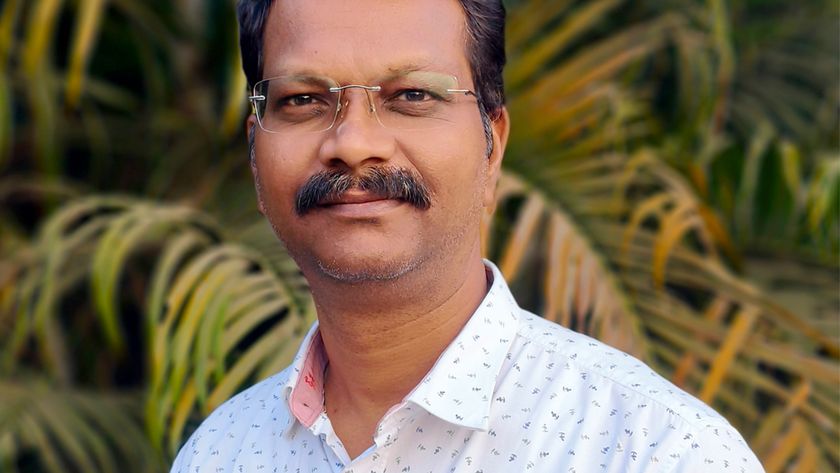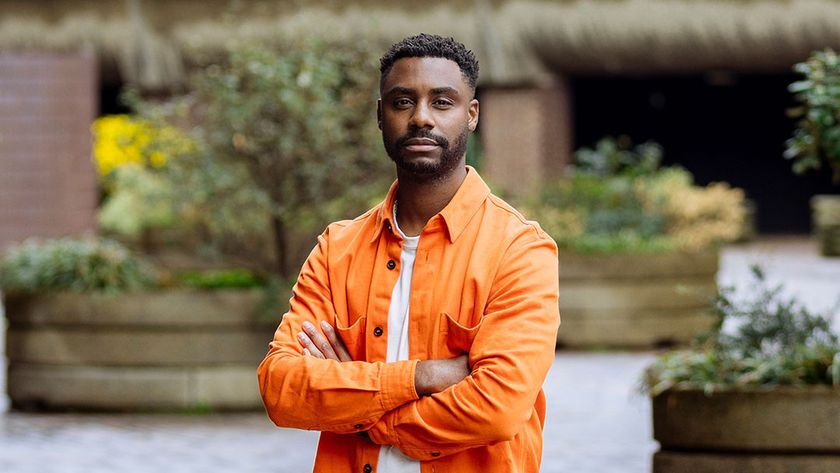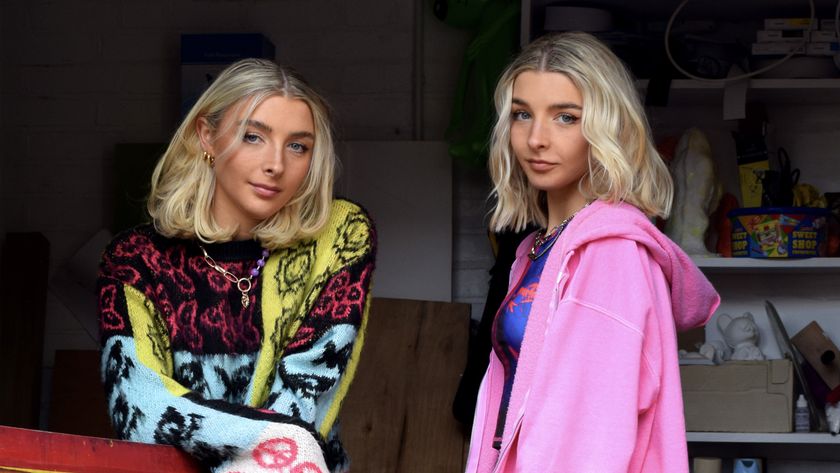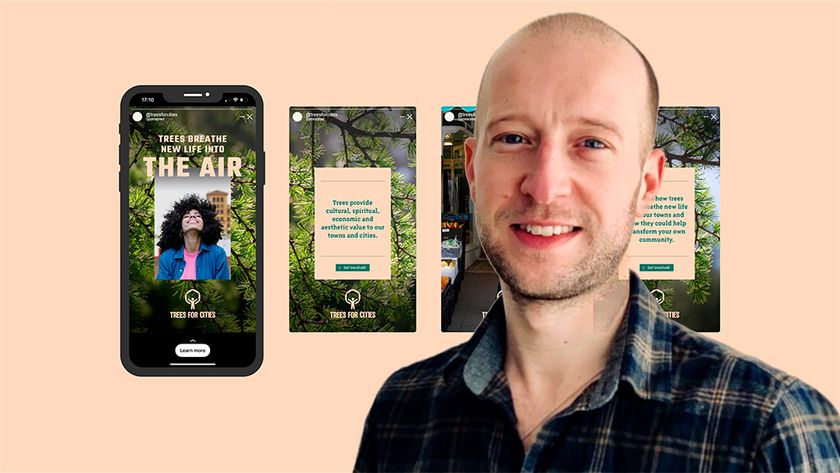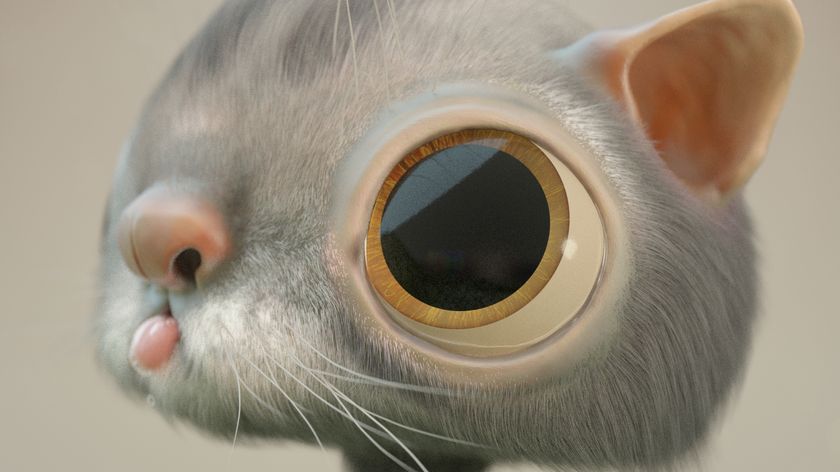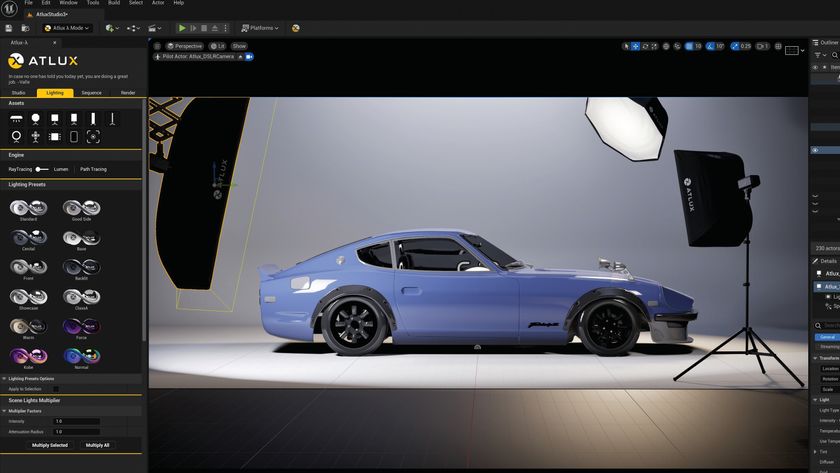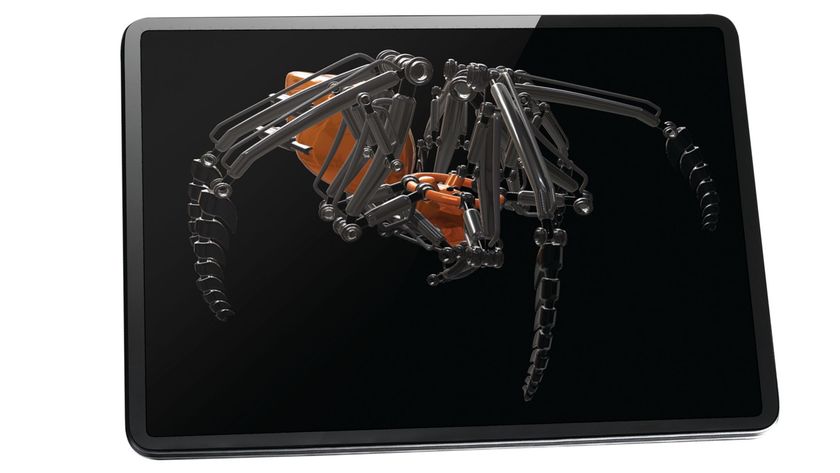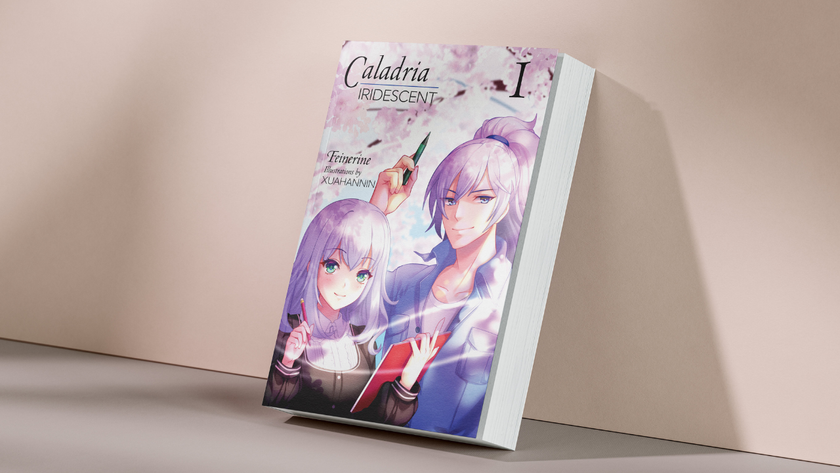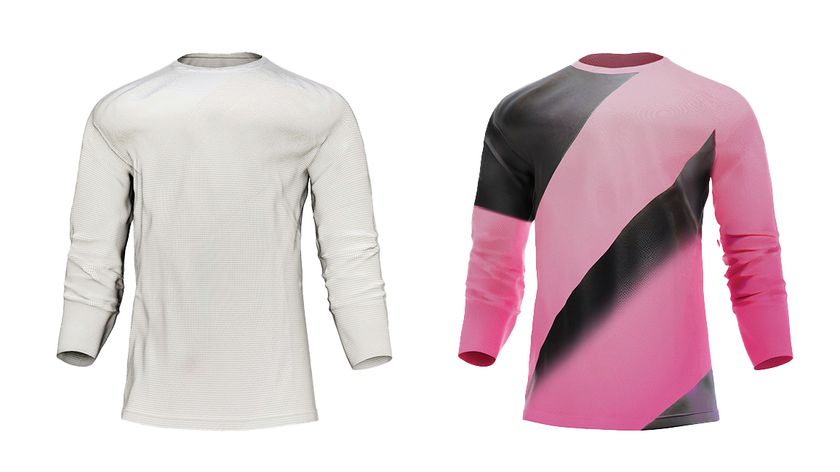4 top tips to help beat creative block
Concept artist Titus Lunter reveals how he combats creative block using psychology – and how you can too.

At this year's Industry Workshops event, in a lecture discussing the psychology of art, Titus Lunter revealed some expert advice on how to beat creative block.
Lunter is incredibly interested in the philosophy and psychology behind being an artist and uses his knowledge to combat that state all artists know well, and loathe: creative block. Here's what we learned from him:
01. Be comfortable and know yourself
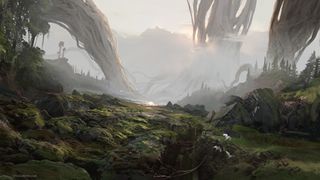
You must find your "Bubble" as an artist, says Titus. "I sit down and often I get distracted so I put my headphones on to help focus. I put on music that I associate with, 'Ok, now I have to work!'"
What works for one might not work for another, the key is knowing yourself and figuring out what makes you tick. You must find your own version of this bubble, a place without distractions.
Focus is a mental process where you block out other senses. It's a mental muscle you train
You need to find your flow. Figure out the way you work - do you need to plot out breaks? Do you like music or complete silence?
Flow is a result of focus, focus is a mental process where you block out other senses. It's a mental muscle you train.
One major factor is your environment - create your own space, whether that means covering your desk with Star Wars legos and horror movie memorabilia or if you get more inspired by a blank, clean desk space.
02. Don't be afraid to fail

Failing is learning. Try different painting techniques and be okay with the fact that you could fail at it - don't let it cause you to give up!
Experimentation leads to growth, so make sure you test your skills and work your creative muscles so that they bulk up.
Start small with easy tasks, something you haven't done often, that's not too far removed from your day to day work. Perhaps experiment with a new medium or attempt a more detailed environment when you normally stick to character design.
When you have tried something new, make sure you ask for feedback
When you have tried something new, ask for feedback - if you experiment with perspective, you can give yourself feedback by checking.
You are vulnerable when you are experimenting and failing so make sure others around you understand this. Really figure out what you want feedback on, be specific, go further than just "What do you think of this?"
03. Set achievable goals
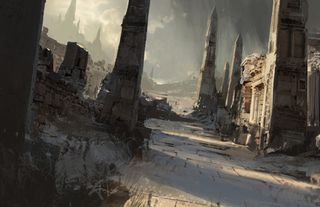
Set some realistic goals for yourself, but make sure you are challenging yourself. This could just be setting a challenge as part of one of your experiments.
Make sure you get into your state of concentration and feel good, keep positive and don't get knocked back if you fail - keep trying and setting new, more realistic goals.
Titus' goal was to be a concept artist - this meant he had a structured path leading to an ultimate end, pushing him to move forward. This larger goal took a long time to achieve, however, so it didn't feel as much of a win as lots of smaller goals along the way.
04. Don't waste time
Set time aside every day to be creative, this way it feels natural and is something you can easily switch back into.
If you know yourself, what keeps you focused (as in point 1) it is easier to fall into your creative bubble. By doing this, you do't waste time, you don't feel frustrated about having procrastinated and being distracted and less stress leads to more creativity.
Titus Lunter is a professional concept artist for the video game industry. He is currently working as a freeland illustrator, and has worked on games such as Tom Clancy's: The Division and Magic: The Gathering.
Like this? Read these...
- Why you must make time for personal projects
- 5 Reasons why artists can't live without Pinterest
- How to become an artist without the help of traditional art school

Thank you for reading 5 articles this month* Join now for unlimited access
Enjoy your first month for just £1 / $1 / €1
*Read 5 free articles per month without a subscription

Join now for unlimited access
Try first month for just £1 / $1 / €1
Get the Creative Bloq Newsletter
Daily design news, reviews, how-tos and more, as picked by the editors.
Alice Pattillo is a freelance journalist with a passion for heavy metal, horror, science fiction, fantasy and comics. She has over seven years experience in magazines, formerly working as a staff writer at Creative Bloq, Imagine FX, Computer Arts and 3D World, as production editor for Guitar World and Guitar Player and online editor of Metal Hammer.

